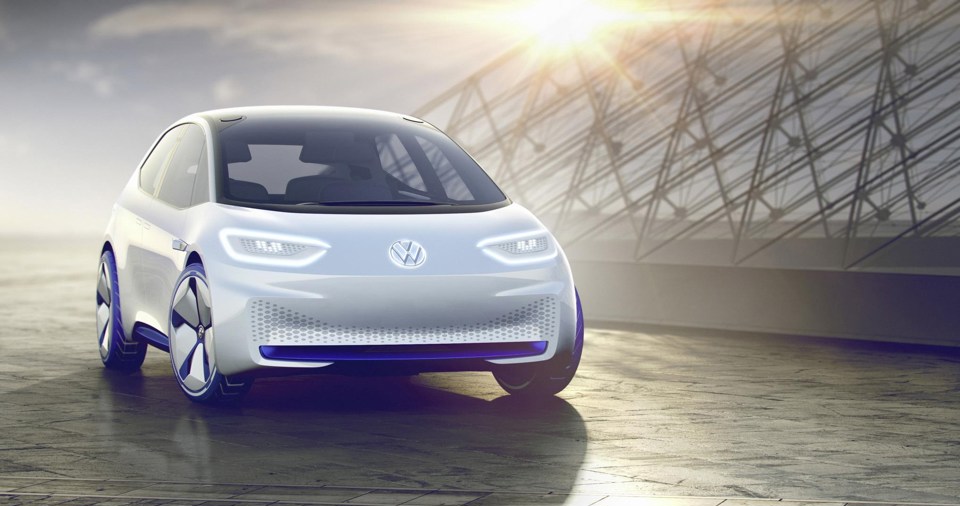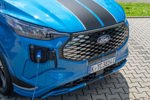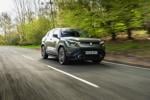Hybrids are likely to be a passing phase in car technology that will be surpassed by electric vehicles in a matter of a few years, predicts Glass’s.
The vehicle data provider says that EV technology is advancing so quickly that a new hybrid vehicle being bought today could be effectively obsolete by the time it reaches the end of its normal life.
Rupert Pontin, director of valuations, said: “Hybrids are designed to solve two of the problems that EVs have faced in recent years – high cost and low range.
“However, there are very clear signs that these issues are being resolved very quickly. For example, the revised Renault Zoe announced at Paris Motor Show has a 250-mile range and costs £17,000.
“Similarly, the new battery in the BMW i3 lasts around 190 miles and Volkswagen is claiming that its ID, which will come to market in 2020, will go up to 373 miles between charges and be priced competitively.
“The fact is that vehicles such as this effectively remove the rationale for hybrids. Within a few years, hybrids could be seen as little more than a curiosity and this will undoubtedly affect their values.”
Rupert said that the popularity of hybrids in the UK had largely been powered by the company car market, where their low CO2 figures minimised tax bills for drivers.
“These vehicles make a lot of sense in the fleet sector but not so much on the used market, where buyers tend to view them as more complicated than a diesel but with few compensating advantages," he added.
“As viable EVs start to become available in larger numbers, this will only become more acute and it is difficult to foresee a situation in which demand is likely to increase.
“Our view is that, unless manufacturers find it difficult to bring the price of EVs down to somewhere near family cars, then hybrids will simply be seen as a passing phase in the history of the car.”


















bob the engineer - 19/10/2016 18:26
I think their view is too simplistic. Yes EV range is increasing but not by any magic, its by putting bigger and more dense batteries in them. This simply compounds the original 'flaw' - recharging them. Most homes have an 80/100 amp feed which also has normal 'duties' often quite considerably. There just isn't the spare capacity to charge ever larger batteries in a reasonable time, you will end up doing one long journey and simply not have enough charge next morning to repeat it if needed. A hybrid can, always. Bigger and more powerful rapid public chargers can be developed but again that needs expensive infrastructure, no one is going to want their business blacked out because 3 monster battery EV's turn up to charge outside all at once at 100 amps each. Look at infrastructure, we already have one usable rapid charge network that has failed and sits largely idle due to commercial reasons. Tesla seems to be the only one doing well here with its superchargers at sites than can cope with the loads. We are at risk of EV's developing faster than the ability to actually make use of them! With no solutions even on the horizon Hybrids have plenty of life to go...